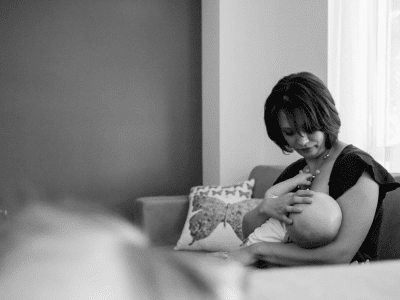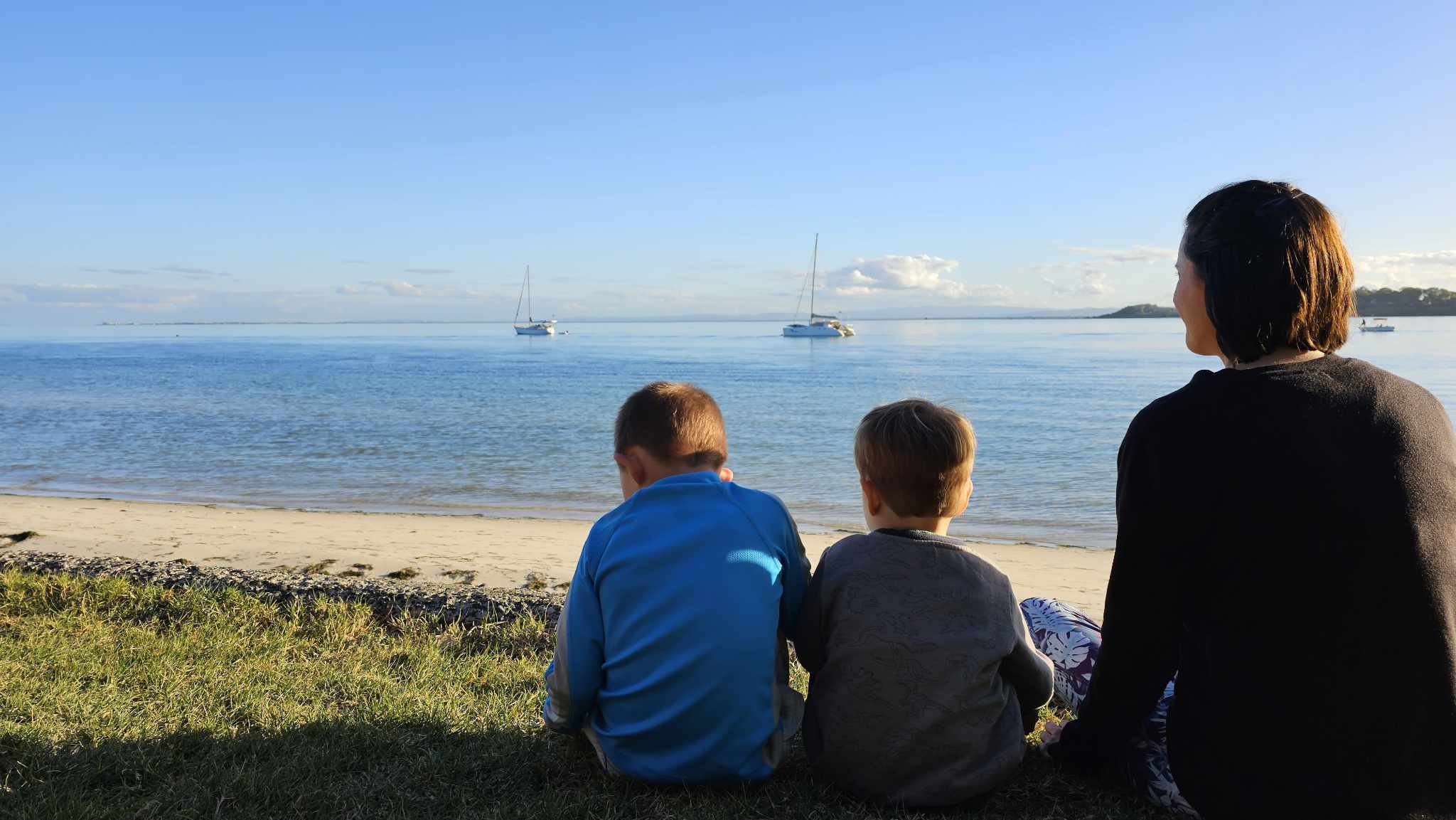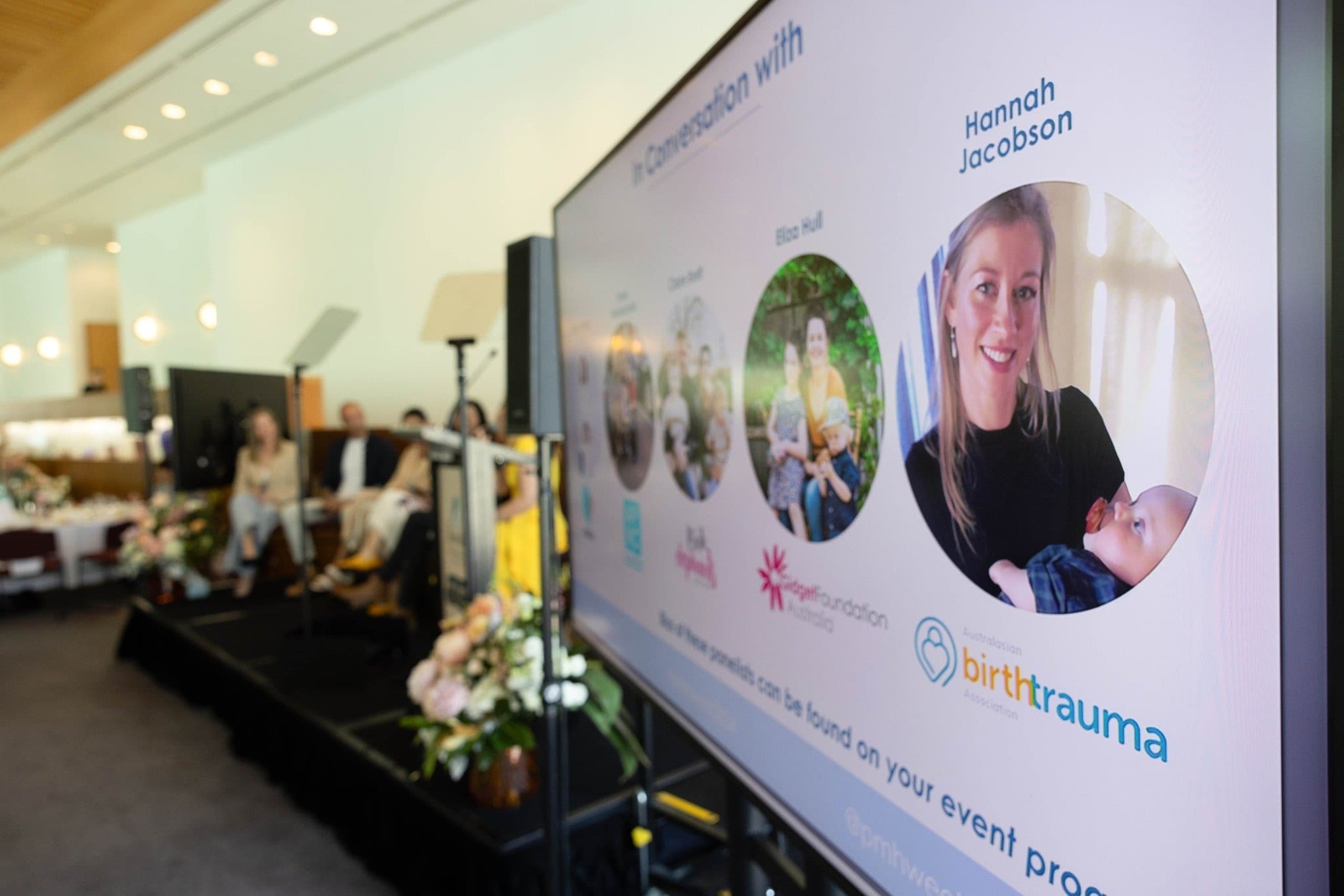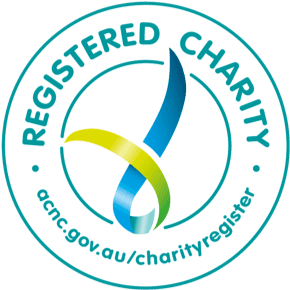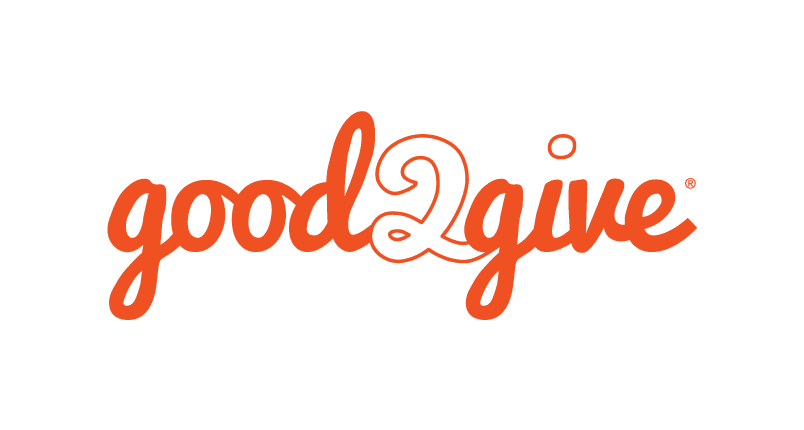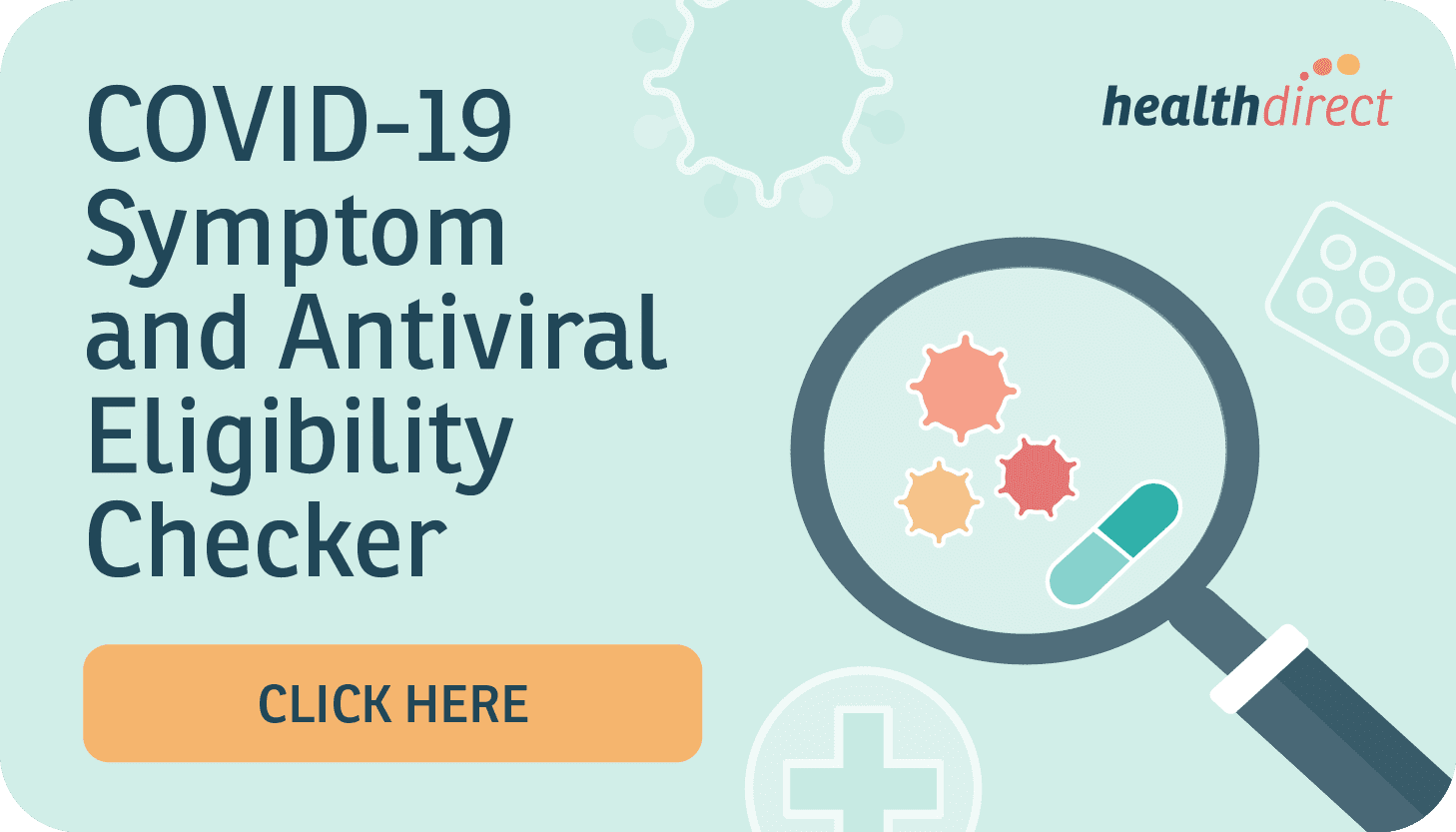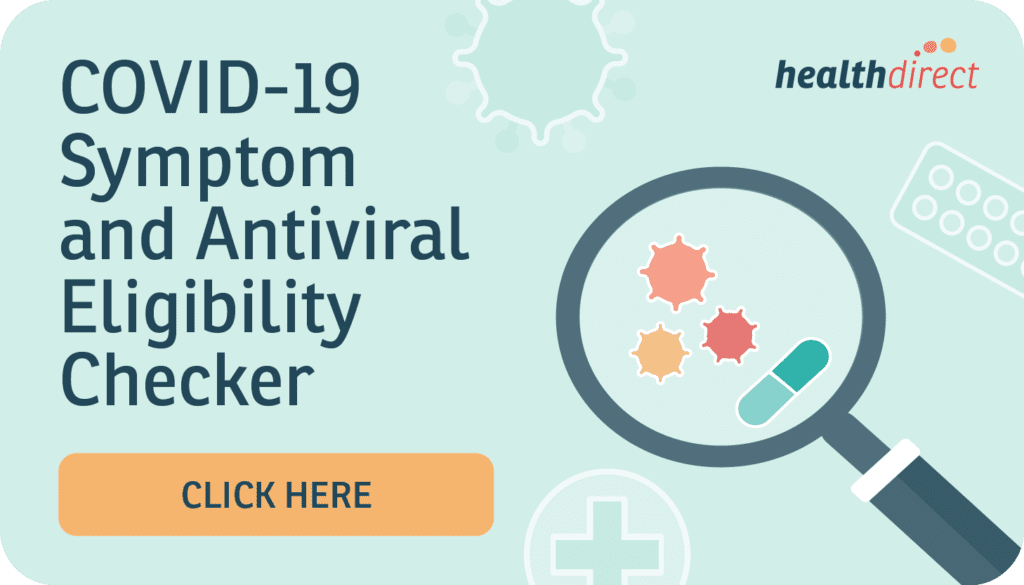In 2015, despite a normal and complication-free pregnancy, I developed severe pre-eclampsia late in the third trimester. After this diagnosis, I was immediately induced, and the hours that followed turned out to be far from the uncomplicated birth I had imagined.
After enduring 15 hours of a painful induction, I began to feel extremely sick. My blood pressure reached the levels of a hypertensive crisis, and I developed elevated liver enzymes and low platelets—symptoms of HELLP syndrome, a rare complication of pre-eclampsia.
I was told that I would need an emergency C-section and from there, things happened quickly. As I was being taken to theatre, my doctor informed me that I would be transferred to the intensive care after the C-section. I felt confused and scared. “Why did I need to go to intensive care? Is this more serious than I had realised?”
My son was born, and I briefly held him for a quick photo. From that moment, I began to feel increasingly unwell, and I became aware that the doctors were concerned about blood loss. They quickly suggested that my husband and baby be taken out of the room. We had a few seconds to say goodbye before they were abruptly whisked away, and in that moment, I felt resigned to the fact that I might not see them again. I believed I must be dying.
Hours later, I regained consciousness, alone in the intensive care unit. My physical recovery went well and I was transferred to the maternity ward 12 hours later and discharged from the hospital after 6 days.
Despite the medical staff praising my quick recovery, no one really spoke to me about what had happened during the birth, aside from the medical facts. I wasn’t asked about how I felt emotionally, and I don’t recall undergoing any mental health screening while I was in the hospital.
When I returned home, everyone around me said I was “lucky” and kept commenting on how grateful I should be to have a healthy baby. But I didn’t feel lucky; I felt traumatised. I had heard people say that the day they gave birth was the best day of their lives, but for me, it didn’t feel that way. I struggled with my mental health for the first nine months, which was further compounded by sleep deprivation.
I regularly visited my GP and the community child health nurse as I felt I was struggling with motherhood. During these visits, I was regularly screened for postpartum depression and anxiety. Despite feeling that something was not quite right, I repeatedly “passed” the screening for PND and PNA and my struggles were dismissed as normal difficulties and adjustments associated with the postpartum period.
During this time, I would have flashbacks to the birth and the moments in theatre. I felt overwhelmed and was hypervigilant when it came to my son’s safety, often feeling terrified of venturing outside. During follow-up appointments with my GP and the child health nurse, I was asked about my birth, and after just a few sentences, I would burst into tears, unable to retell what had happened. The sight and thought of blood, which had never bothered me before, now made me physically ill, and any medical or hospital scenes I saw on TV caused feelings of distress, prompting me to quickly change the channel. Social media birth announcements and photos of mothers holding their babies immediately after birth became huge triggers that would send me spiralling into a day of tears. I became fixated on researching the “golden hour” and the benefits of skin-to-skin contact after birth – both of which I had “failed” to do when my son was born, convincing myself that I had ruined my chances of bonding.
When my son was nine months old, I felt like I was on the brink of a breakdown and that I wouldn’t be able to survive the continued sleep deprivation. We sought help from a sleep school, and it was there that I finally opened up to a nurse about my mental health and some of my feelings surrounding the birth. She simply said, “Did you know it’s possible to have PTSD after a difficult birth?” All this time, I had been berating myself with thoughts of “Why can’t you get over this?” and “Other people go through much worse.” Finally, a medical professional acknowledged that what I had been through was difficult and there was a valid reason for feeling upset. I was grieving the birth I had imagined and the lost hours with my baby on the day he was born. She didn’t tell me I should feel “lucky” about what had happened. Finally, it felt okay to admit that the day my son was born wasn’t the best day of my life, when it had felt like one of the worst. Having my experience validated made a huge difference in my recovery.
Three years after my birth, I discovered the Australasian Birth Trauma Association and joined their online community. There, I was finally able to relate to other mums, I wasn’t the only one who felt this way about my birth. There were other women who felt just like I did.
My hope is that we can continue to raise awareness about PTSD and the impact that adverse birth experiences can have on parents during the postnatal period. Seven years after the birth of my son, I have been able to reflect on my experience and arrive at a place of acceptance. I allow myself compassion and space for the complicated feelings to exist — feelings of gratefulness and love for my son are not diminished by the more difficult memories associated with his birth.
I am now a proud volunteer of ABTA, which gives me a great sense of purpose, and I am constantly inspired by our small team of passionate and dedicated volunteers. Together, we work towards supporting those who have experienced birth-related trauma, raising awareness, and advocating for better maternity and postpartum care.
By sharing my story, I hope to let others who have been through similar experiences know that they are not alone and there is light at the end. For those seeking to connect with other parents who have experienced birth-related trauma, ABTA offers peer support services which can be accessed here: Peer Support Services.
Or, if you would like to support our cause and contribute to our efforts in raising awareness, making positive changes, and supporting families affected by birth-related trauma, you can donate here.


